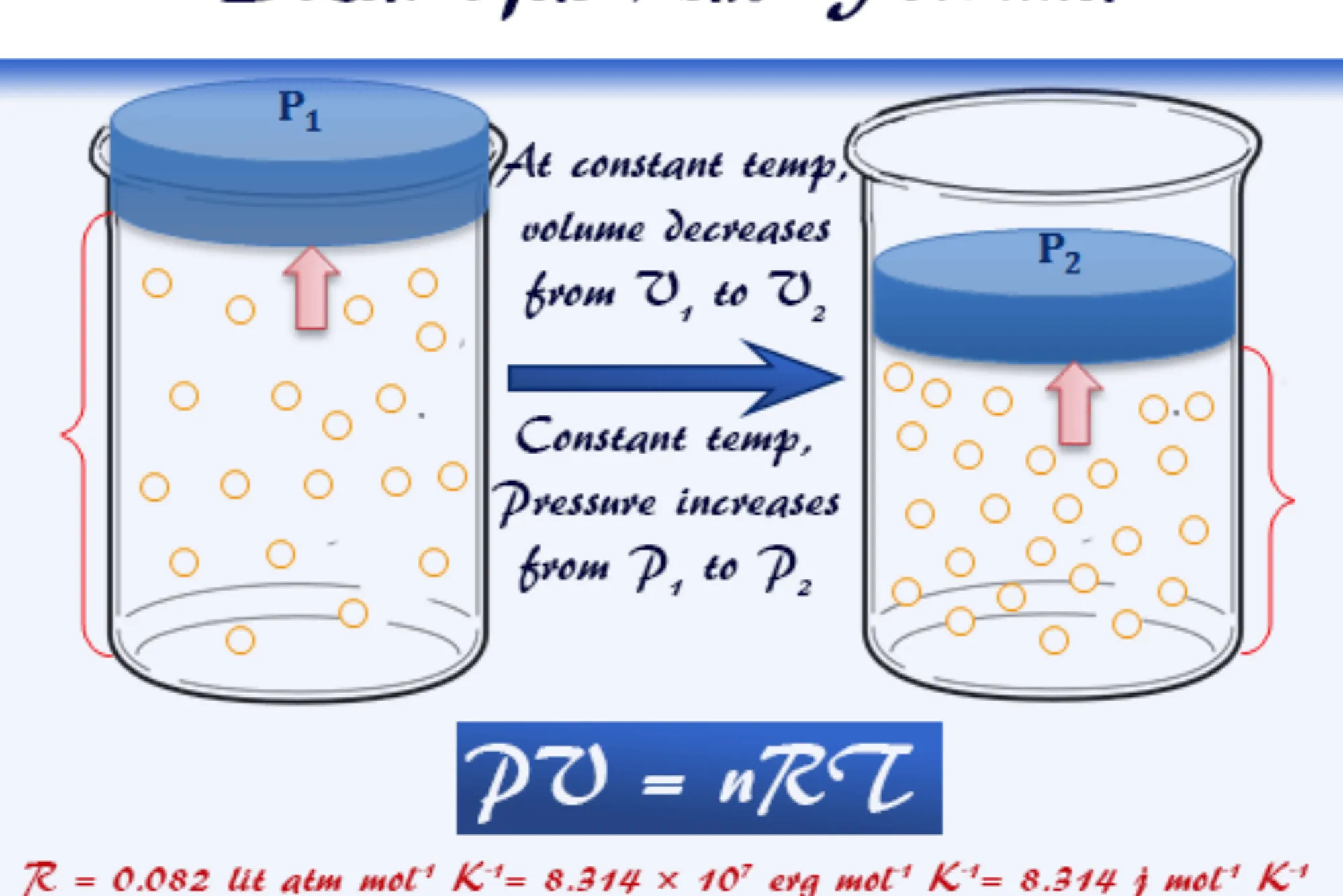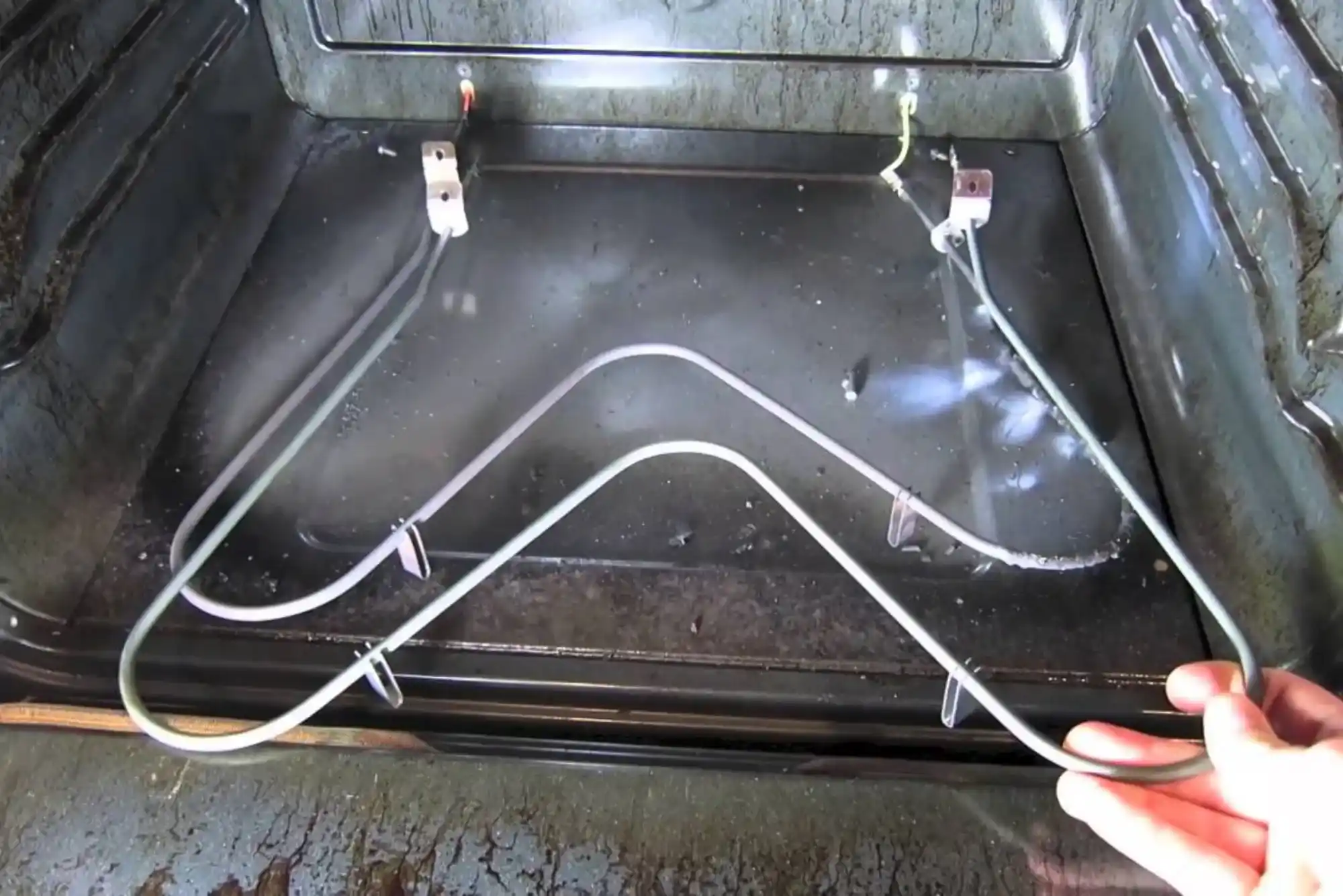Understanding gas behavior is essential for students, engineers, and researchers worldwide—especially in regions like Pakistan, UAE, and the USA where chemical and industrial advancements are rapid. One tool that simplifies this process is an ideal gas law calculator, designed to help you solve pressure, volume, temperature, and moles of gas with precision. Today, we’ll explore how this calculator works, why it matters, and how it connects to real-world applications in energy, manufacturing, and education sectors.
What Is the Ideal Gas Law?
Quick Answer: The Ideal Gas Law is a physics formula: PV = nRT that explains the behavior of gases under certain conditions.
The ideal gas law connects four major variables:
-
P – Pressure (Pascals, atm)
-
V – Volume (Liters, m³)
-
n – Moles (mol)
-
T – Temperature (Kelvin)
-
R – Gas constant (8.314 J/mol·K)
It is commonly used in:
✔️ Chemical experiments
✔️ Industrial gas processing
✔️ Aerospace and energy sectors
✔️ Academic research in universities like NUST, GIKI, and MIT
Why Do Students and Engineers Use Ideal Gas Law Calculators?
Quick Answer: Calculators save time, reduce human errors, and give instant accurate gas law results.
Top reasons:
-
Removes complex manual calculations
-
Provides quick conversion between units
-
Helps in preparing lab reports
-
Supports engineering design and modeling
-
Useful for IIT-JEE, MCAT, ECAT exam preparation
How Does an Ideal Gas Law Calculator Work
Quick Answer: It takes user inputs and calculates the missing gas variable using scientific formulas.
Key functional steps:
-
Input any three known variables (P, V, n, T)
-
Calculator applies the formula PV = nRT
-
Instantly provides the missing value
-
Allows temperature and pressure unit conversion
Example:
-
Pressure: 2 atm
-
Volume: 10 L
-
Moles: 0.8 mol
-
Result: T = 304.75 K
Features of the Best Ideal Gas Law Tools
Quick Answer: Reliable calculators offer high speed, accuracy, and ease of use.
Key Features Include:
✔ Real-time unit conversion
✔ Mobile and desktop compatibility
✔ Step-by-step solution assistance
✔ Graphical visualization
✔ Supports multiple gas laws (Boyle’s, Charles’, Avogadro’s)
Real-World Applications Across Industries
Quick Answer: Gas law tools are used in industries like oil, energy, aviation, and healthcare.
Applications include:
-
Petrochemical plants (Karachi, Dubai, Houston)
-
Aerospace testing for aircraft cabin pressure
-
Medical oxygen cylinder sizing
-
Weather balloon design
-
Food packaging in controlled gas environments
Pakistan’s energy sector and manufacturing zones, particularly in Sialkot, Lahore, and Faisalabad, regularly use these calculations to design safe equipment.
Use of Digital Tools in Education and Research
Quick Answer: Universities use calculators for teaching and labs.
Pakistan’s Higher Education Commission (HEC) promotes digital learning by encouraging platforms that support real-life simulation tools. Chemistry students from Punjab University, FAST, and COMSATS use online calculators to complete research assignments efficiently.
Anchor Link Placement (Middle of Article)
Modern platforms like this ideal gas law calculator allow users to solve complex gas equations with just input values, making it extremely beneficial for students, researchers, and engineers.
Why Accuracy Matters in Gas Law Calculations
Quick Answer: Even a small calculation error can affect safety and scientific results.
Importance of accuracy:
-
Ensures safety in gas storage systems
-
Reduces risk in industrial plant designs
-
Helps create precise academic reports
-
Useful in aerospace testing and R&D labs
A Digital Transformation Example (Pakistan Case Study)
Quick Answer: Pakistan is investing in smart tech for scientific learning.
The Government of Pakistan’s Digital Youth Initiative (DIP) enables tech graduates to gain skills in chemical engineering simulations, AI-integrated calculators, and data analytics. Platforms like this help young professionals access get quick and reliable calculations for academic and industrial purposes.
Pakistan’s Growing Technology Landscape
Quick Answer: Tech parks are supporting advanced engineering software development.
Pakistan is emerging as a tech hub with innovation centers in cities like Karachi, Lahore, and Islamabad. One prominent example is innovative technology company in Pakistan, where startups are developing advanced scientific tools, educational software, and industrial automation solutions.
FAQs
1. Is the Ideal Gas Law calculator accurate for real gases?
It provides the best results under moderate temperature and pressure. For real gases, deviation occurs when conditions are extreme.
2. Can I use it for Charles’ Law and Boyle’s Law problems?
Yes, most advanced calculators solve all major gas laws using integrated formulas.
3. Is this tool useful for exam preparation?
Absolutely. It helps ECAT, MCAT, SAT, IIT-JEE, and university students simplify numerical problems.
4. Can I use it for industrial project reports?
Yes, engineering students and professionals use it for feasibility reports, modeling, and scientific documentation.
5. Do I need advanced math to use it?
No. You only input known variables, and the calculator handles the equation automatically.
6. Does it support unit conversion?
Most calculators allow conversion between atm, mmHg, Pa, Celsius, Kelvin, and more.
7. Are such tools available in local versions for Pakistan?
Yes, many local tech startups are now building regional versions for academic and industrial users.
Final Thought
As someone passionate about both chemistry learning and Pakistan’s growing tech landscape, I’ve seen how digital tools like gas law calculators are transforming education, research, and industrial applications across Lahore, Islamabad, and Karachi. These tools reduce calculation errors, boost learning, and empower young innovators. With government-backed programs and tech parks supporting digital initiatives, the future of scientific excellence in Pakistan is bright—and accessible to everyone.




